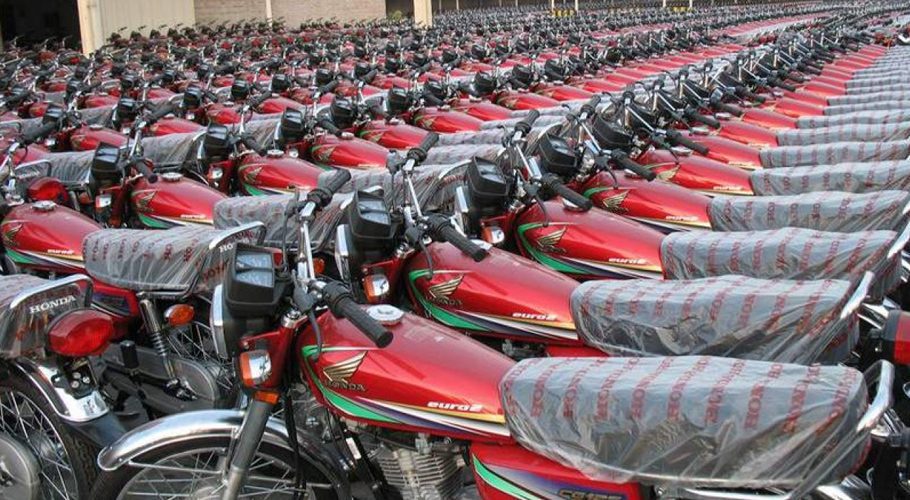In a time when humanity is beleaguered by war, genocide, and a rapidly destabilizing climate, the 75th anniversary of Portugal–Pakistan diplomatic relations offers more than just a ceremonial milestone — it presents an opportunity to redefine bilateral engagement in a world desperately in need of solidarity, sustainability, and multipolar cooperation.
While the world’s attention remains fixed on the humanitarian catastrophe in Gaza, the ongoing war in Ukraine, and the broader Middle East instability, it is refreshing and necessary to hear a consistent diplomatic voice like Portugal’s championing multilateralism, diplomacy, and peace. As Portugal positions itself for a seat at the UN Security Council in 2027–28, its commitment to conflict resolution, climate action, and cultural dialogue resonates with the very principles the United Nations was founded upon.
Pakistan, too, stands at a historical and geopolitical crossroads. With a growing population, strategic location, and a complex foreign policy balancing and rationalizing act, Pakistan must increasingly look beyond traditional alliances and reimagine its role in a shifting global order. In that regard, Portugal can serve as both a partner and a model, particularly in the realms of green innovation, cultural integration, and European diplomacy.
Portugal’s Ambassador to Pakistan, Frederico Silva, has brought refreshing dynamism to bilateral diplomacy. His hands-on engagement with Pakistan’s cultural and business communities, students, and artists goes far beyond the usual corridors of protocol. He has become an ambassador not just of Portugal, but of people-to-people connectivity — arguably the most sustainable form of international relations.
The grandeur of the National Day reception recently hosted by Ambassador Silva in Islamabad was more than a celebration of diplomatic history; it was a vibrant showcase of inclusivity and shared values. The event was attended by senior Pakistani parliamentarians, diplomats, entrepreneurs, civil society members, and members of the Portuguese-Pakistani community. Artistic presentations, culinary delights, and the presence of partners from both countries created an atmosphere that felt less like a formal affair and more like a celebration of community. Speaking on the occasion, Ambassador Silva eloquently captured the spirit of the relationship, saying: “The Pakistani community in Portugal is a lively example of the growing bilateral ties between our two nations… Our partnership is built on mutual respect, trust, and cooperation. Today, our political and economic relations are a testament to this vision.”
His support for grassroots artistic expression, including the recent gift of keyrings made from recycled soda cans by a young Pakistani artist to mark 75 years of relations, symbolizes a shared vision for creativity, sustainability, and mutual respect. These are not just symbolic gestures; they are policy in motion, embodying the values of cooperation and environmental consciousness in a tangible form.
Trade between Portugal and Pakistan remains modest but promising. With over 20,000 Pakistanis now living and working in Portugal, ranging from digital nomads to entrepreneurs, the human infrastructure for stronger economic ties already exists. What’s needed now is a more robust bilateral trade framework that prioritizes renewable energy collaboration, especially wind and solar technologies where Portugal is a global leader.
Other venues of collaboration could be agro-industry linkages, given Pakistan’s vast agricultural base and Portugal’s expertise in food processing and packaging; textile sector synergy, with Pakistan’s large-scale production capabilities and Portugal’s design and innovation strengths; tourism and cultural exchange, tapping into Pakistan’s rich heritage and Portugal’s expanding outreach in South Asia. Technology and startups are the hallmark of Portugal’s growing digital economy while Pakistan’s startups are also grabbing the space nationally and internationally. Meaningful collaboration of these young companies could change not only the fate of youth, but also contribute to expand the economies.
This bilateral cooperation must also evolve with a climate lens. Portugal’s sustainability leadership, combined with Pakistan’s acute vulnerability to climate change, shall create a compelling case for joint programs in green finance, climate resilience, waste recycling, and water conservation.
The global shift toward multipolarity is no longer a speculative trend, it’s a geopolitical reality. China’s economic ascent, Russia’s military assertiveness, and regional alliances such as BRICS and the Shanghai Cooperation Organization (SCO) are challenging the traditional Western hegemony. Both Portugal and Pakistan must navigate this landscape carefully.
Portugal, as an EU member and an advocate of multilateralism, is uniquely positioned to mediate between East and West, particularly as a bridge between the Global North and South. Pakistan, meanwhile, can benefit from diversifying its partnerships and investing in diplomatic relationships that are not dependent on a singular power bloc.
Together, they can advocate for a fairer, multipolar world order that respects sovereignty, promotes sustainable development, and prevents imperialist interventions disguised as humanitarian actions. Both countries can cooperate in forums like the UN, UNESCO, and even regional dialogues on South–South cooperation.
At the heart of any meaningful diplomatic relationship are the people. The Pakistani diaspora in Portugal is not just integrated, they are thriving contributors to the local economy and culture. They are the living proof of compatibility, mutual respect, and shared potential. Their presence can be a catalyst for educational exchange programs, cultural collaborations, and even parliamentary linkages.
As noted by Ambassador Silva at the National Day reception, Pakistan and Portugal already share a foundation of trust and mutual respect. Now is the time to build on that foundation with a future-focused strategy that places people, planet, and peace at the center.
In a world marred by aggression and apathy, the Portugal–Pakistan relationship offers a glimmer of hope. It demonstrates how even mid-sized nations, when led by vision and grounded in values, can shape a more humane and equitable global future. As the world yearns for examples of diplomacy that deliver more than statements, this partnership reminds us that empathy, engagement, and creativity still have a place in international affairs, and a powerful one at that.
The writer is an Executive Director, Devcom Centre for Geopolitical Studies, development expert and policy analyst focused on regional cooperation and climate diplomacy. His email: devcom.Pakistan@gmail.com































